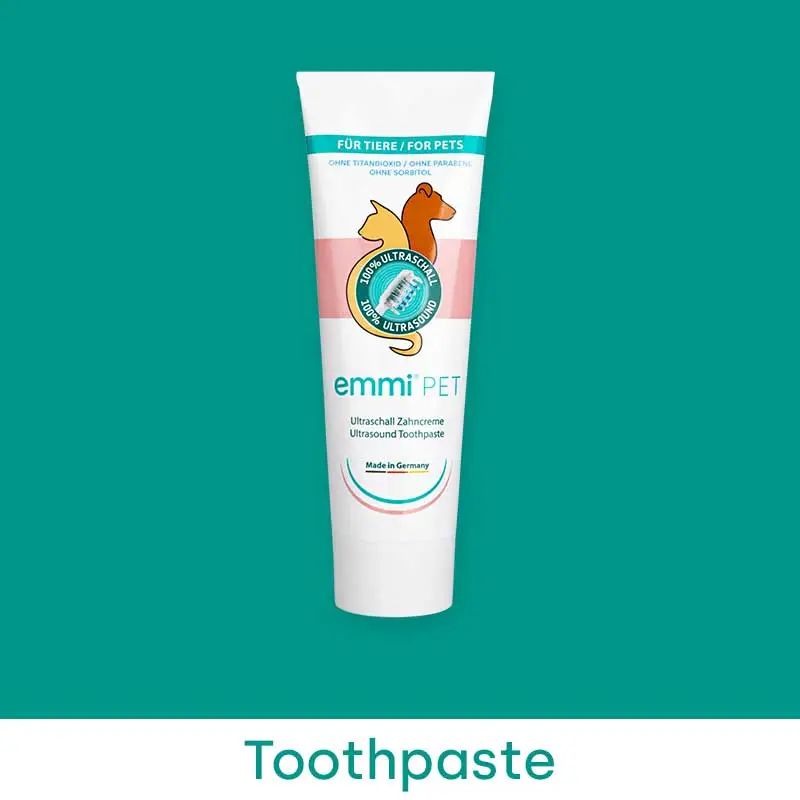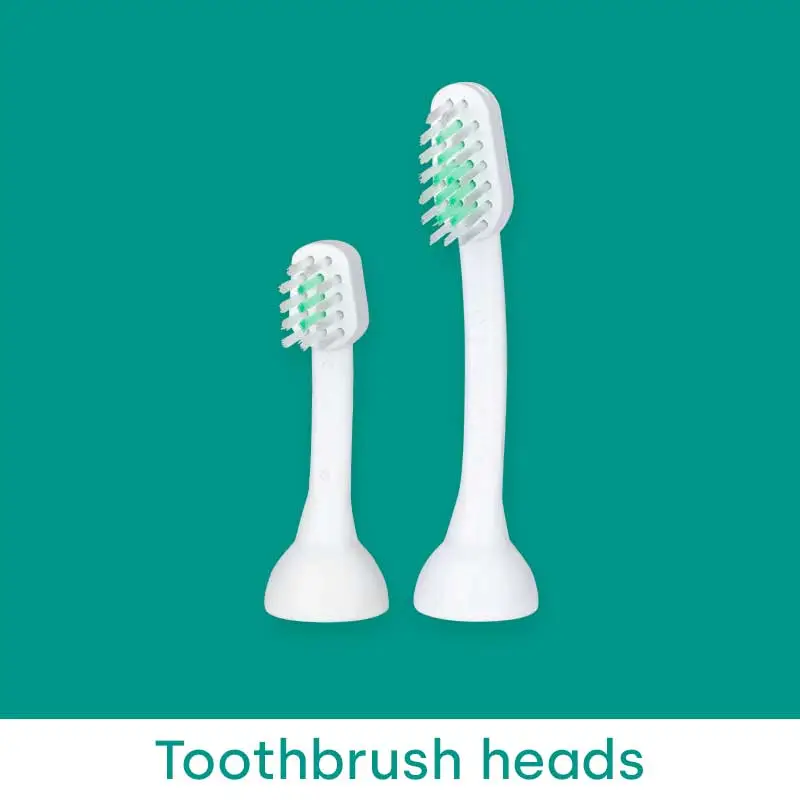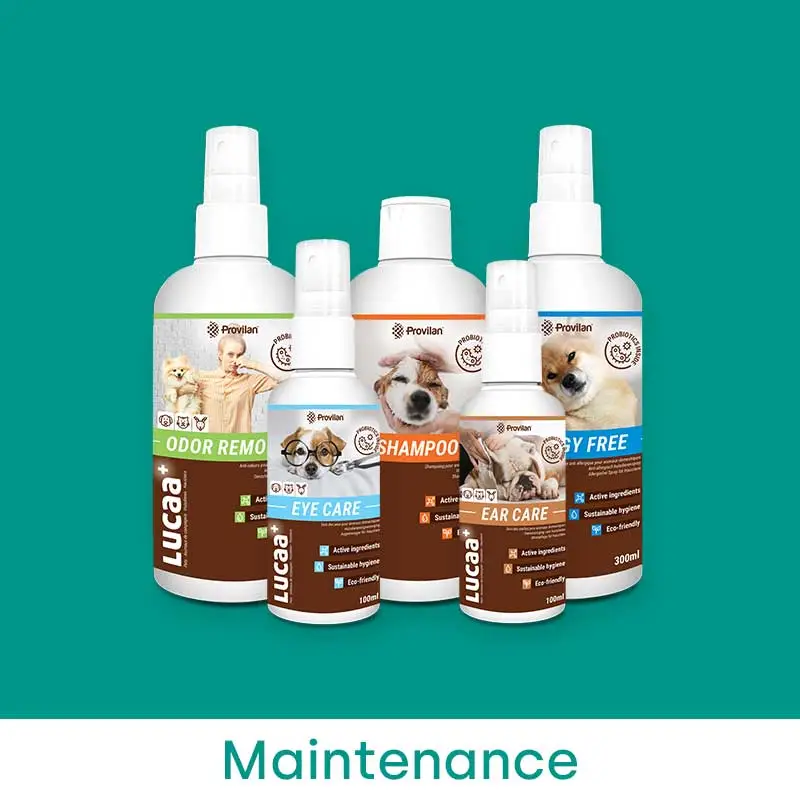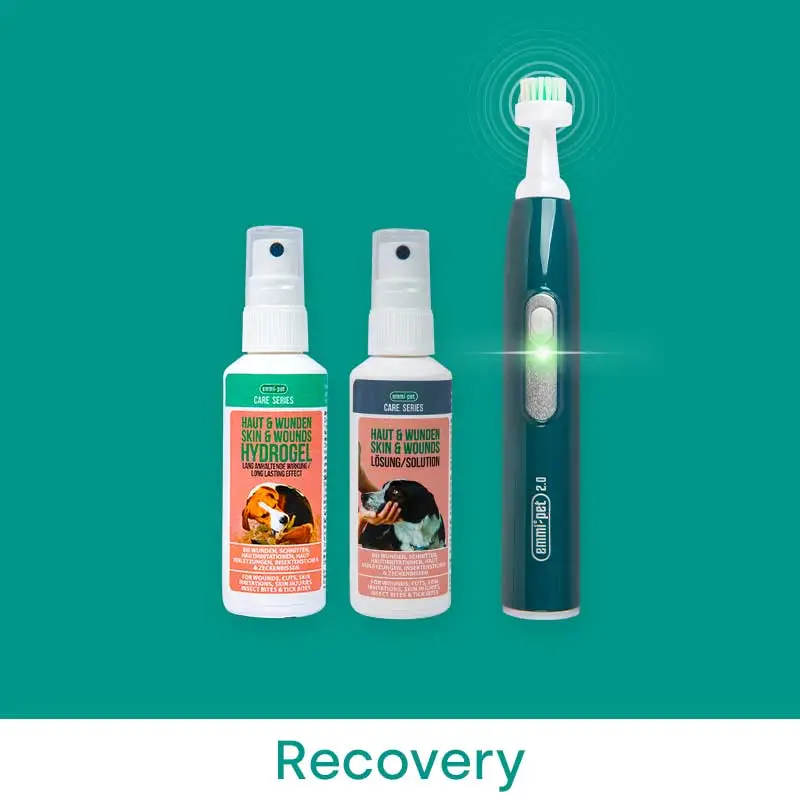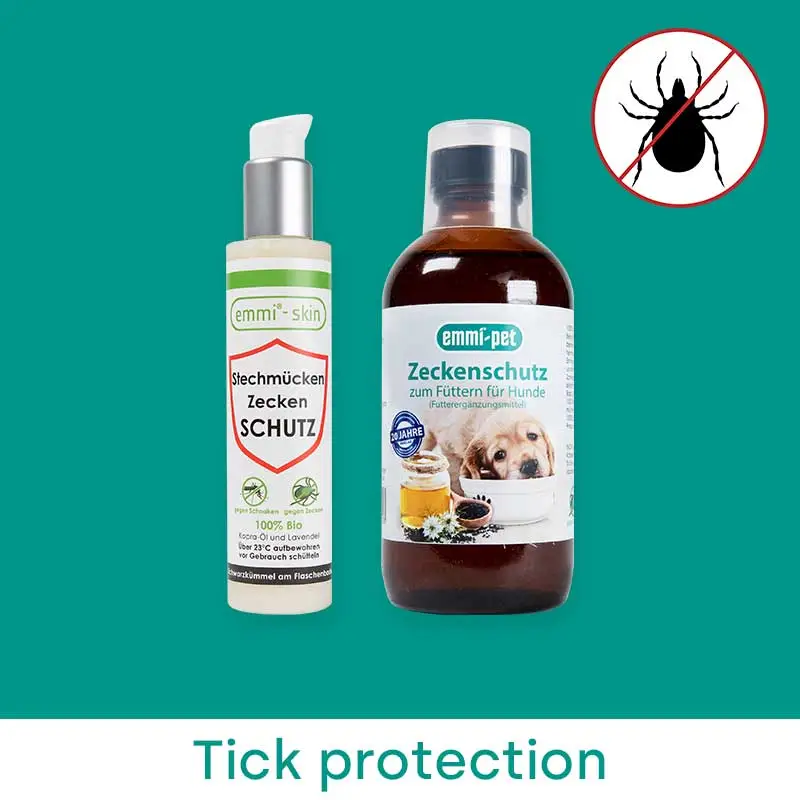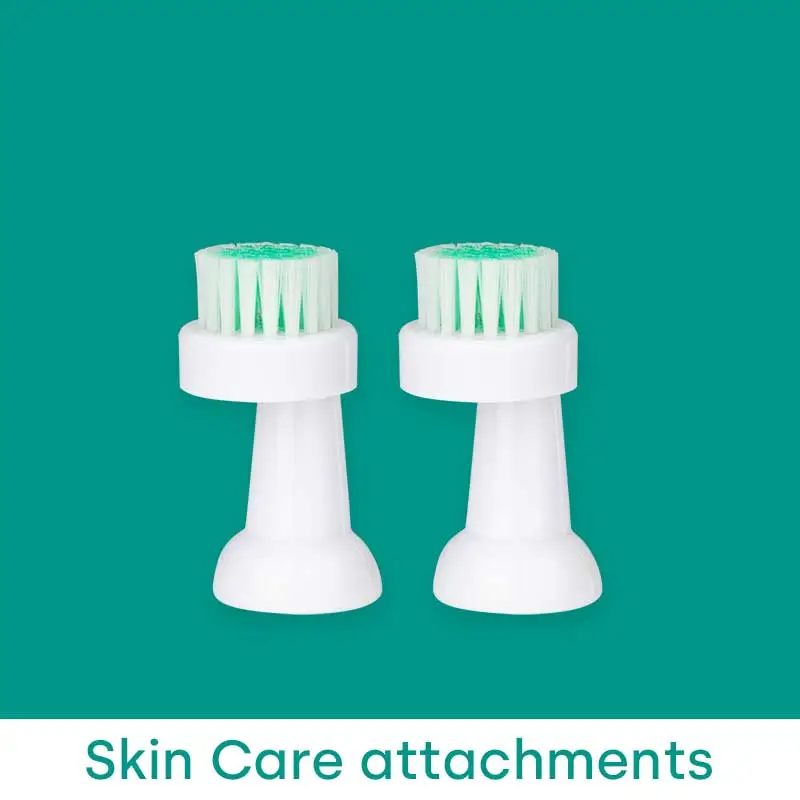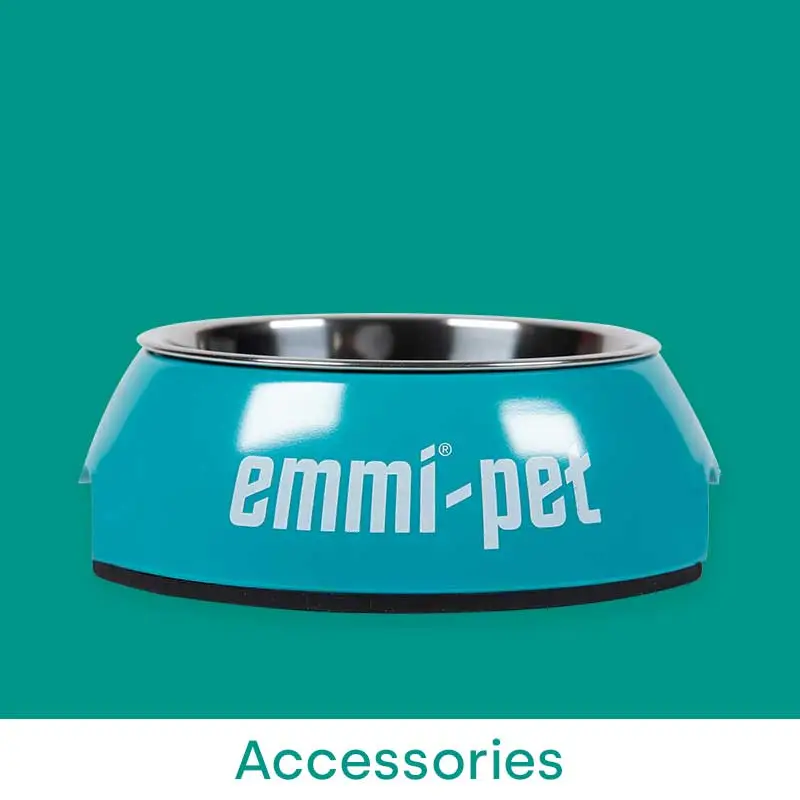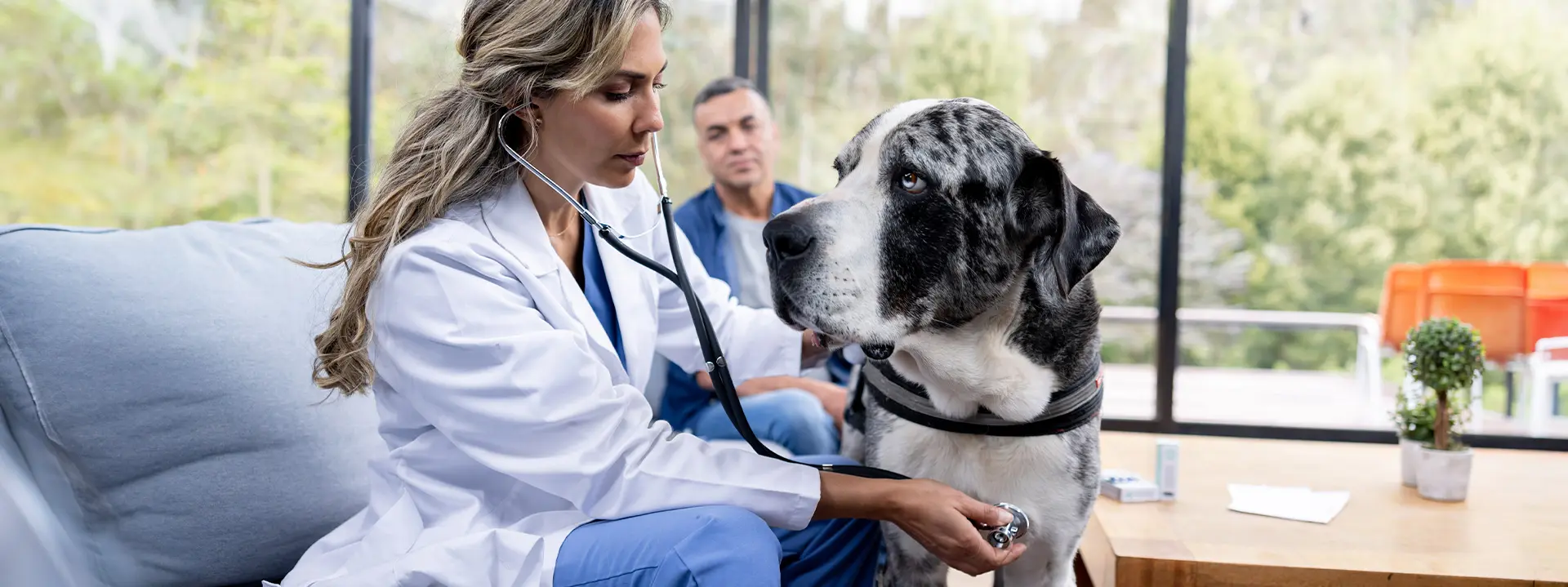
If you have a dog, their health is undoubtedly a top priority for you. Beyond grooming their fur and caring for their teeth, it's crucial to keep a close eye on their heart and circulatory system. In this blog post, you'll discover why regular cardiovascular examinations for your dog can be vital and how they contribute to ensuring a long and healthy life.
Early Detection is the Key
The heart is the central organ in your dog's body, pumping blood to supply all organs with
- Oxygen und
- Nutrients
Regular cardiovascular check-ups at the veterinarian are crucial for early detection of signs of diseases. Many heart conditions develop slowly and only show symptoms late in the progression. When detected early, they can often be better treated, providing your dog with a longer, healthier life. By the way, daily oral hygiene, which can be effectively performed with our emmi-pet ultrasonic toothbrush, also plays a significant role in a healthy dog's life.
What Happens During a Cardiovascular Check?
During a cardiovascular examination, your dog undergoes a thorough assessment. The veterinarian listens to the heart and lungs, measures blood pressure, and checks if the mucous membranes are well-perfused. Additional examinations, such as an
- Electrocardiogram (EKG),
- X-rays, or
- Blood tests
may be conducted if necessary. These tests help assess the condition of your dog's cardiovascular system accurately and initiate treatment early if needed.
How Often Are Checks Necessary?
The frequency of cardiovascular examinations for your dog depends on various factors, such as
- Age,
- Breed and,
- General health
of your dog. Puppies and young dogs usually require less frequent examinations compared to older dogs or those with pre-existing conditions. Your veterinarian can provide guidance on how often your dog should be examined.
Remember: Regular cardiovascular examinations are an essential part of preventive healthcare for your dog. They aid in detecting and treating problems early, significantly improving the quality and lifespan of your four-legged friend. Incorporate regular checks into your dog's routine, and always consult your veterinarian if you have questions or concerns.

